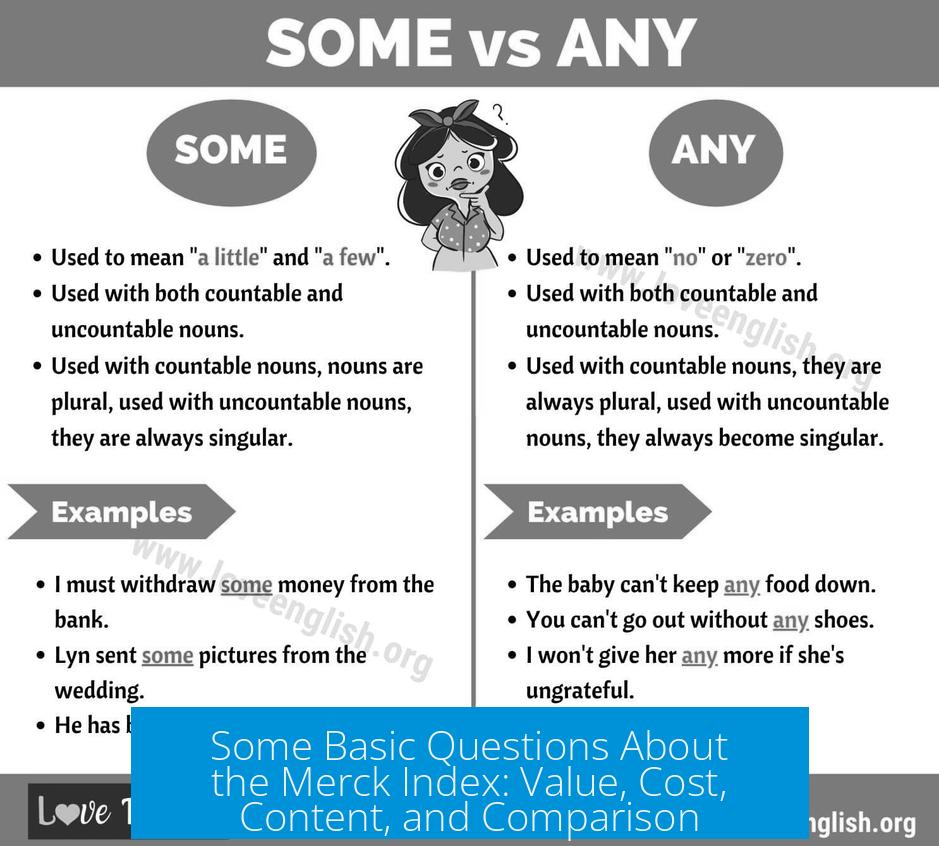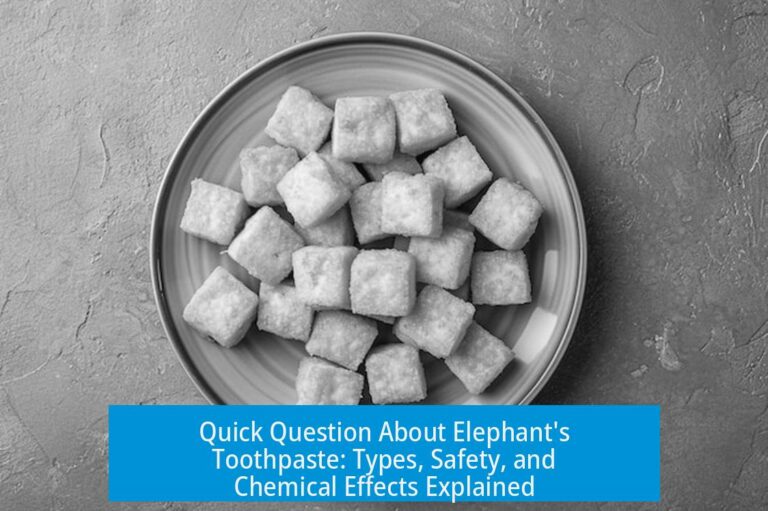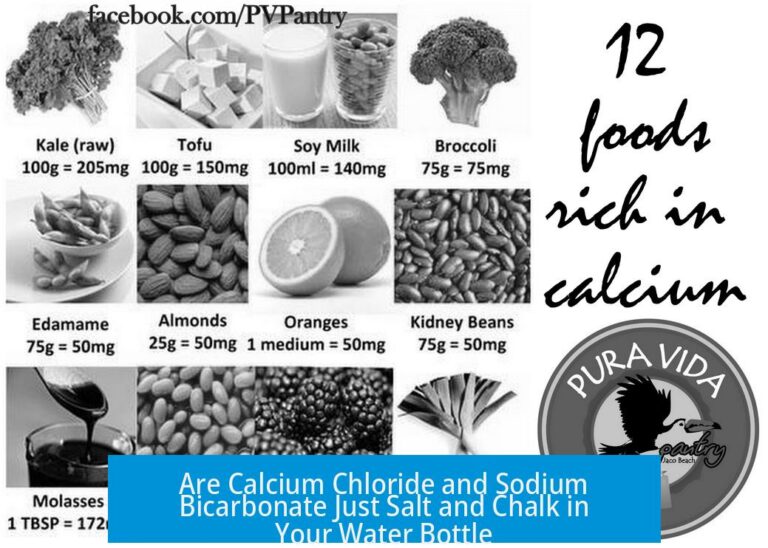Some Basic Questions about the Merck Index
The Merck Index serves as an extensive chemical encyclopedia primarily valuable within professional or academic laboratory settings rather than for hobby chemists. It provides detailed information on numerous chemicals, including references, physical properties, compound uses, and safety data. However, its practical value for casual chemistry enthusiasts is limited.
Value for Hobby Chemists
The Merck Index does not typically meet the needs of hobby chemists. Most information it contains is accessible online through various free resources. Hobbyists often find the Index less helpful for specific queries or unusual chemicals they might explore. Thus, investing in a current edition solely for hobby use may not be cost-effective.
Availability and Cost
Used copies, especially older editions, are available at low prices. Some individuals acquire them for free from academic or institutional sources. Older editions, such as those from the 1980s, remain functional but may have limitations.
Content and Coverage
- The Index lists a wide range of chemicals, although some rare or obscure compounds may be absent in older versions.
- It provides key data such as physical properties, compound usage, safety guidelines, and scientific literature references.
- Older editions often use archaic chemical names, which can complicate lookup and identification.
Comparison with Other Resources
For those seeking targeted or specific information, undergraduate textbooks and online databases are often more accessible and easier to navigate. These alternatives can offer up-to-date terminology and more specialized details tailored to particular chemistry subfields.
The Merck Index shines as a laboratory reference tool. It supports researchers by delivering concise, reliable chemical data necessary for experimental work and professional investigations.
Key Takeaways
- The Merck Index best suits professional or academic laboratory use rather than casual hobbyists.
- Older editions are affordable but may contain outdated names and miss some compounds.
- It delivers comprehensive chemical properties, usage, safety info, and literature references.
- Free online resources and textbooks often meet hobbyist and undergraduate needs better.





Leave a Comment